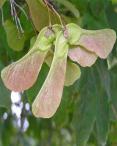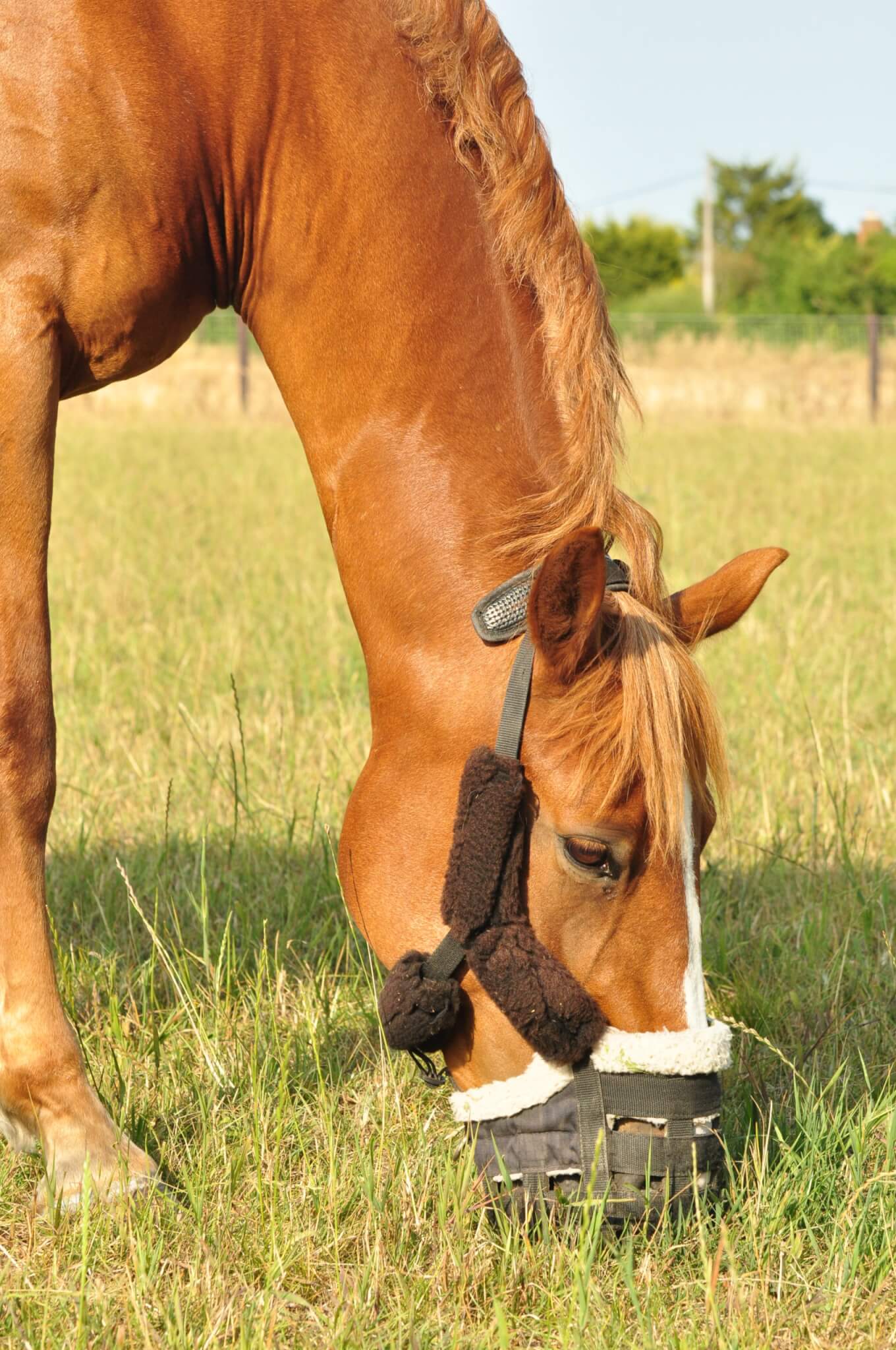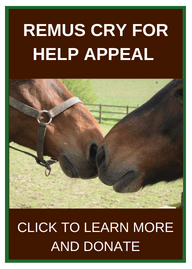

Prevention is Better than Cure: Atypical Myopathy
All horse owners know the risk of ragwort in their fields – and despite it being a back-breaking job, you’ll see them out in the fields pulling the weed to protect their animals. It’s a job the staff at Remus Horse Sanctuary know well! But there’s another danger out there – the Sycamore tree.
Seeds and seedlings from the tree contain a toxin that can cause a potentially fatal disease called atypical myopathy. Most prevalent in spring and autumn, prevention is most definitely better than cure in this case.
Horses that have eaten seeds to seedlings might show signs such as lethargy, depression, muscle tremors, sweating, a reluctance to move, and red/brown urine. Should you see these signs, it is important to get immediate veterinary assistance – the first 24-48 hours will be the most critical time.
How can you lower the risk of atypical myopathy? If there are sycamore trees nearby, fence them off from your horse, or move your animal to another area at high-risk times. You can also offer more forage so the animal isn’t tempted to eat anything that poses a danger – and clear up any areas of seeds and uproot seedlings.
For more about prevention, symptoms and treatment head to www.yourhorse.co.uk/horse-care/vet-advice/beware-sycamores-deadly-seeds.
You can view our information on horse welfare.










